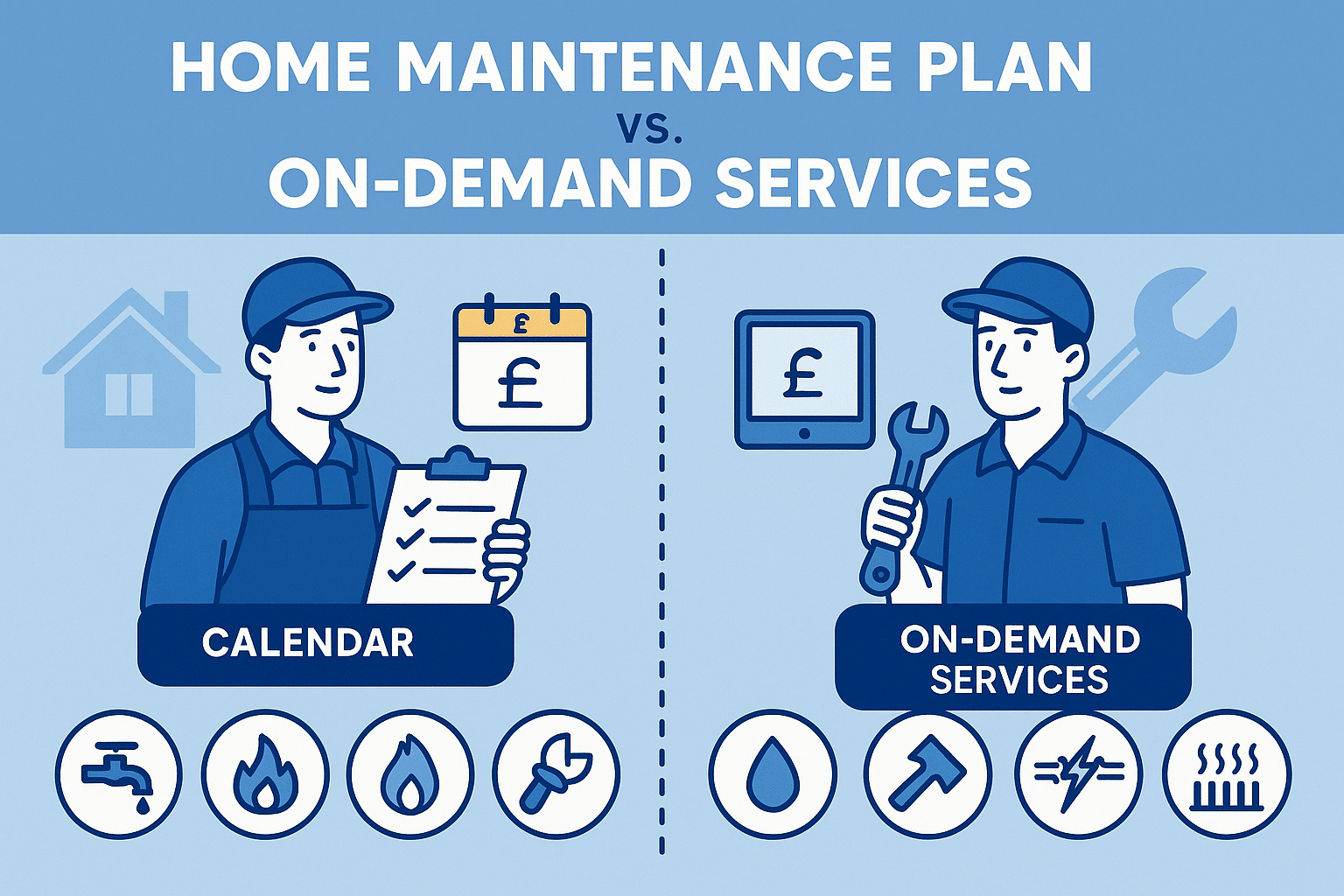 Landlord’s Guide to Success in 2025: Key Actions and Insights
Landlord’s Guide to Success in 2025: Key Actions and Insights

Private landlords are stepping into a new era of regulations with the implementation of the Decent Homes Standard 2025. Ensuring rental properties meet higher standards will soon become non-negotiable, impacting landlords across the private rented sector (PRS). For property investors, landlords, and property managers, understanding and preparing for these changes is critical to maintaining compliance and protecting your investments.
This guide outlines everything you need to know about the Decent Homes Standard, the related legislation, and actionable steps to help you succeed as a landlord in 2025 and beyond.
What is the Decent Homes Standard 2025?
The Decent Homes Standard (DHS), originally introduced for social housing in 2001, is being extended to private rented properties to align housing quality across all sectors. Under this standard, properties must meet the following criteria:
- Safe and Healthy Living Conditions
Homes must be free of potential hazards like damp, mold, or poorly maintained electrical systems.
- Reasonably Modern Facilities
Kitchens older than 20 years and bathrooms older than 30 years may need upgrades to comply.
- Energy Efficiency
Properties must meet tighter Energy Performance Certificate (EPC) standards, with consultations underway to raise the minimum rating for private rentals.
- Maintenance in Good Repair
Structural elements such as the roof and walls must be in sound, watertight condition.
Failure to meet the DHS could result in fines, legal penalties, and even loss of your right to rent out the property.
Timothy Douglas, Head of Policy and Campaigns at Propertymark, emphasizes the importance of partnerships, stating, “An understanding of different property types and greater collaboration between agents, tenants, and landlords is key to the success of these measures.”
Key Legislative Updates for Landlords in 2025
The Renters’ Rights Bill, set for full implementation by 2025, introduces significant changes for landlords. These include:
- Abolition of Section 21 “no-fault” evictions
- Creation of a national landlord register
- Mandatory compliance with the Decent Homes Standard
- Enhanced council enforcement powers
- Introduction of a private rental ombudsman for tenant disputes
Additionally, Awaab’s Law enforces strict timeframes for addressing tenant-reported damp and mold complaints. Staying informed on these legislative updates will ensure you remain compliant and avoid costly pitfalls.
How to Prepare Your Properties for Compliance

Comprehensive preparation is essential for meeting the Decent Homes Standard and other 2025 regulations. Here’s your step-by-step guide:
1. Conduct a Thorough Property Assessment
Take stock of your property portfolio with a detailed audit:
- Inspect structural elements, heating systems, insulation, and ventilation.
- Check for signs of damp, mold, or outdated plumbing and wiring.
- Document findings with photographs and written records for future reference.
2. Plan for Necessary Upgrades
Based on your audit, prioritize these key improvements:
Add insulation, upgrade windows, and replace outdated boilers. Consider renewable energy options like solar panels to improve EPC ratings.
- Safety Features
Install smoke alarms on every floor and carbon monoxide detectors in rooms with combustion appliances.
- Modernization
Replace old kitchens, bathrooms, and flooring for compliance with modern living standards.
3. Budget and Seek Financial Assistance
- Review funding options like government grants or energy efficiency schemes to offset costs.
- Factor necessary upgrades into your budget and conduct a cost-benefit analysis to evaluate the long-term financial gains.
The National Residential Landlords Association (NRLA) advocates tailoring the Decent Homes Standard to align with property diversity in the PRS, emphasizing the need for streamlined regulations.
Communicating with Tenants About Upcoming Changes

Proactive communication with tenants is vital during this transitional period. Here’s how to approach it:
- Inform Tenants Early: Notify tenants about planned property updates and provide a clear timeline.
- Set Expectations: Minimize inconvenience by scheduling work at convenient times and offering temporary accommodations if required.
- Address Concerns: Listen to tenant feedback and manage any concerns regarding their safety and comfort during upgrades.
Building trust with tenants fosters positive relationships and helps ensure smooth compliance.
Preparing for Inspections
Inspections under the Decent Homes Standard will likely increase, so being prepared is crucial. Ensure you’re inspection-ready by:
- Using Self-Assessment Checklists: Review common hazards, energy efficiency metrics, and modern facility requirements.
- Understanding Inspection Processes: Familiarize yourself with inspection protocols, from documentation to physical property evaluations.
- Avoiding Common Pitfalls: Address frequent issues such as incomplete record-keeping or delayed repairs.
Thorough preparation not only demonstrates compliance but also protects your properties from potential penalties.
Long-Term Strategies for Landlords
To maintain compliance and thrive in a changing rental landscape, adopt these long-term strategies:
- Preventative Maintenance
Regular property upkeep and inspections help address potential issues before they escalate.
- Stay Updated on Regulations
Follow updates from reliable sources like Nrla and Propertymark to remain informed about evolving legislation.
- Collaborate with Authorities
Building positive relationships with local councils can aid in navigating regulatory complexities.
By staying prepared and proactive, landlords can effectively position themselves for long-term success.
The Time to Act is Now
The Decent Homes Standard 2025 and related legislation mark a pivotal shift in the private rented sector. For landlords, compliance is more than a legal necessity—it’s an opportunity to enhance property value, foster stronger tenant relationships, and contribute to a higher standard of living.
By conducting audits, budgeting for improvements, engaging tenants, and preparing for inspections, landlords can confidently meet these demands. Staying informed and implementing long-term strategies will ensure your portfolio thrives well into the future.
Looking for more guidance? Visit Gov.uk or consult trusted organizations like Propertymark for tools and resources tailored to landlords.

